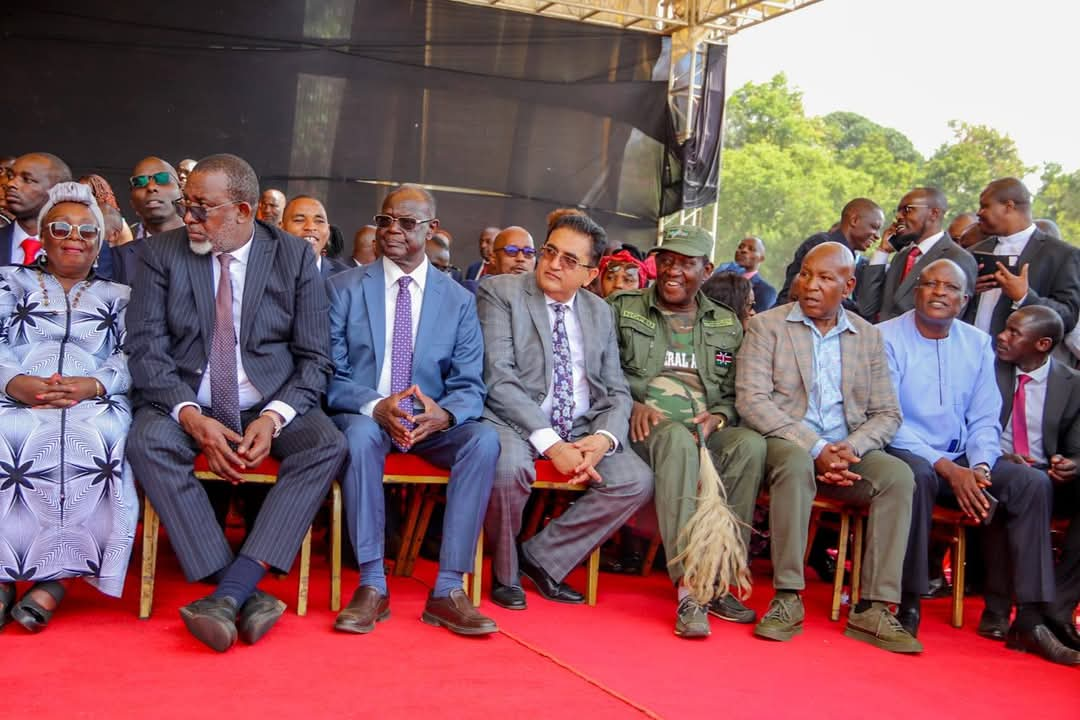The Fall of Kawira Mwangaza: A Lone Battle Against Meru’s Political Bigwigs and the Status Quo

The dramatic ouster of Meru Governor Kawira Mwangaza is a textbook case of political cartels fighting back. Her downfall was not just about governance—it was about power, control, and the resistance to change in a political landscape long dominated by a male elite.
A Lone Fighter in a Male-Dominated Arena
Kawira Mwangaza was a political newcomer who defied the odds to win the hotly contested 2022 gubernatorial seat as an independent candidate. In a county where leadership has traditionally been a male stronghold, she disrupted the established order, challenging the dominance of veteran politicians like former Governor Peter Munya, Former Sen. Kiraitu Murungi as well as former CS Mithika Linturi.
Her victory was groundbreaking, but it came at a cost. Unlike many politicians who rely on alliances and deal-making, Mwangaza was known for her unshakable stance against corruption. This, however, alienated her from the political power brokers and elite business figures who had long benefited from county resources.
The Cartels Strike Back
Devolution brought significant financial resources to counties, attracting the interests of elite businesspeople and seasoned politicians. Meru was no exception. The region’s political landscape had long been shaped by powerful figures who expected to control county affairs behind the scenes. Mwangaza’s refusal to play by their rules made her a target.
Her leadership style clashed with the expectations of these influential players, and soon, resistance against her began to mount.
For instance, as a young businessperson in Lodwar in the mid-2000s, every time I won a tender, revocation and demonstrations would follow. Some hired goons would be sent my way until I had to seek security.
This situation forced me to take several measures to prevent such encounters in the future. I had to avoid certain tenders because the repercussions would have been severe.
Mwangaza encountered a political storm that she could not navigate. Rather than bending to the demands of the elite, she chose to fight back. That fight, however, led to her undoing.
A Celebration of Power and Betrayal
The final blow came when Meru MCAs moved to impeach her. The swift and well-orchestrated process bore the hallmarks of a coordinated effort by political heavyweights determined to reclaim control. The swearing-in of her deputy, Mutuma M’Ethingia, as the new governor was a grand affair, attended by the very politicians who had opposed her from the beginning. Their presence was a clear signal—Mwangaza had been outmaneuvered, and the old order had reasserted itself.

Her removal from office is not just a personal loss but a cautionary tale of how deeply entrenched political cartels can resist change. In Meru, as in many other counties, leadership is not just about service—it is about navigating the intricate web of political and business interests that often dictate who stays in power and who falls.
Kawira Mwangaza may have lost this battle, but her story highlights the price of integrity in a system that thrives on compromise.
 Yassin Ali is a social-political Analyst, based in Lodwar, Turkana County.
Yassin Ali is a social-political Analyst, based in Lodwar, Turkana County.


